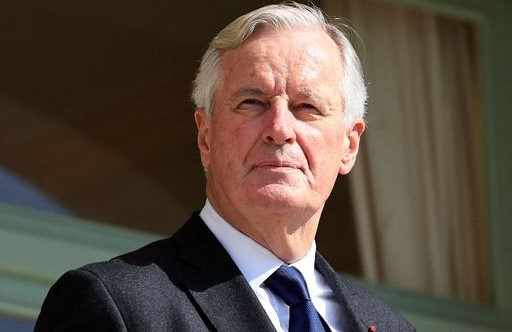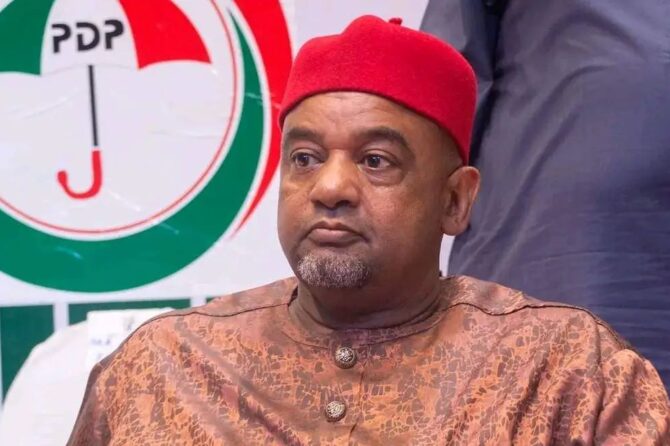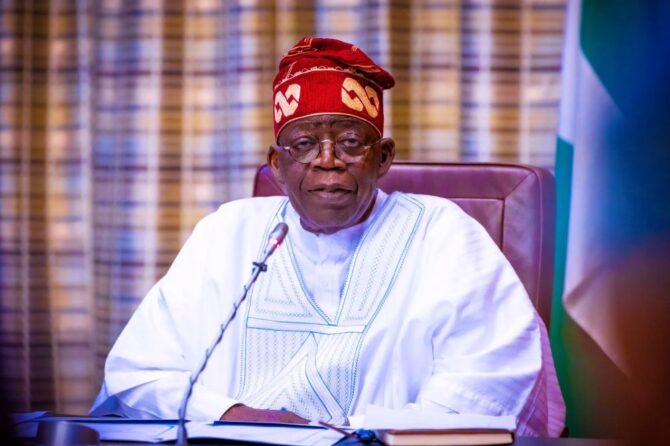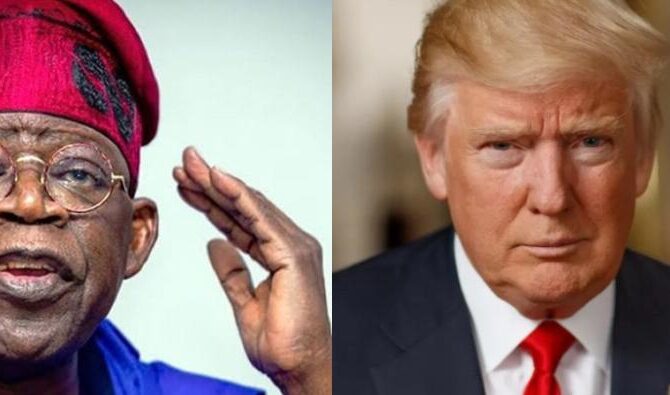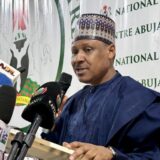Introduction
In a shocking turn of events, the French government has collapsed following a no-confidence vote that resulted in the removal of Prime Minister Michel Barnier. This political upheaval occurred just three months after Barnier took office, highlighting the growing instability within the French political landscape. As no single party currently holds a majority after the recent elections, the nation faces uncertain times ahead.
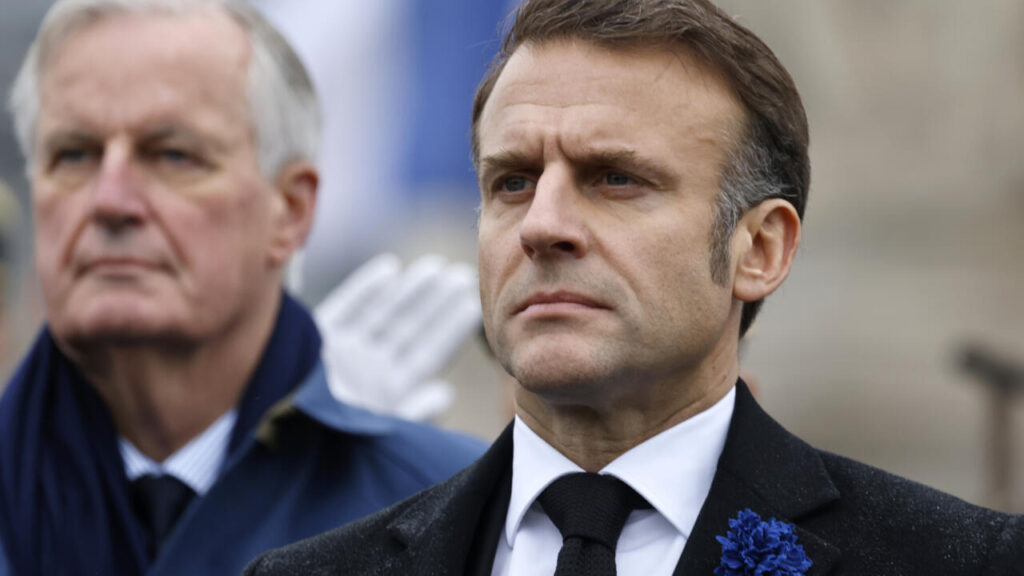
The No-Confidence Vote: A Closer Look
The no-confidence motion that led to Barnier’s ousting was driven by significant discontent among various political factions. In particular, both left-wing and far-right opposition parties united against Barnier’s controversial budget proposal. Critics argued that the budget, which Barnier pushed through using special governmental powers, failed to address the pressing needs of the French populace. Ultimately, the motion garnered 331 votes in favor of Barnier’s removal, making it clear that his leadership had lost the confidence of a substantial portion of the legislature.
Special Powers and Controversial Decisions
Barnier’s decision to utilize special powers ignited fierce backlash from opposition parties. The French Constitution allows the Prime Minister to enact certain measures without parliamentary approval under specific circumstances. However, this approach raised concerns about democratic principles and accountability. Many viewed Barnier’s actions as an overreach, undermining the collaborative spirit necessary for effective governance. As a result, political tensions escalated, culminating in the no-confidence vote that sealed his fate.
Implications for French Politics
Barnier’s ousting signals a critical moment for French politics, as it amplifies the current state of instability. With no single party holding a majority, the political landscape remains fragmented. Consequently, the future of governance in France is uncertain. As Barnier continues to serve as caretaker Prime Minister, President Emmanuel Macron faces pressing challenges in appointing a successor. The urgency of this task is underscored by upcoming significant events that could further test the resilience of the French government.
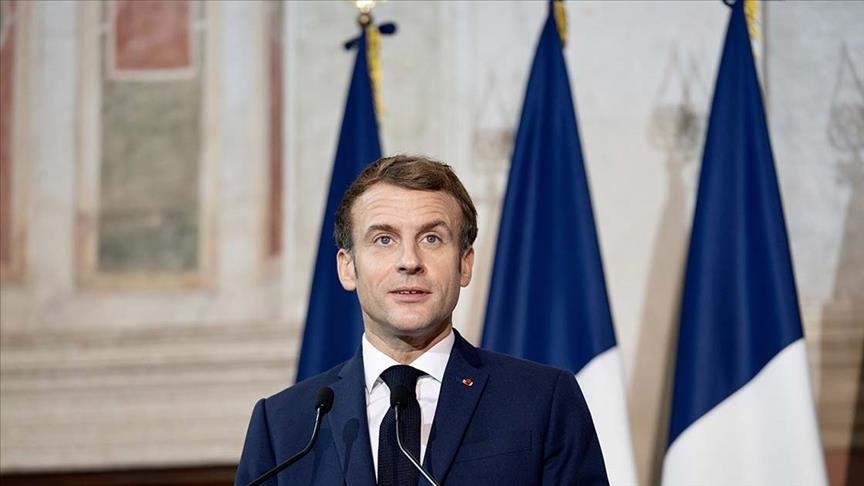
The Role of President Macron
President Macron, who previously expressed confidence in Barnier’s ability to lead, now finds himself in a precarious position. The need for a swift appointment has become increasingly apparent, as delays could lead to further government paralysis. Macron must consider various factors, including the political dynamics within the National Assembly and the need to restore public trust in the government. The appointment of a new Prime Minister will be crucial in navigating the complexities of the current situation.
The Future of Governance in France
As the dust settles from Barnier’s ousting, many are left to ponder the future of governance in France. The political landscape has shifted dramatically, and the absence of a clear majority raises questions about the effectiveness of future administrations. Will opposition parties continue to unite against the government, or can a new leader foster collaboration among differing factions? These questions loom large as the nation seeks stability amidst turmoil.
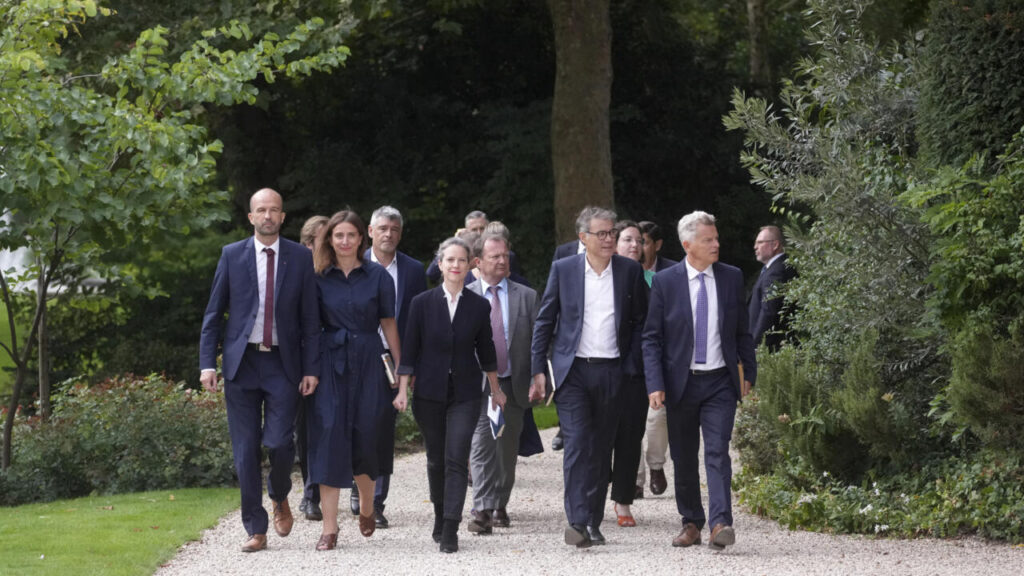
The Potential for New Leadership
In the wake of Barnier’s departure, the potential for new leadership presents both challenges and opportunities. A successor who can bridge the divide between various political factions may pave the way for more effective governance. Conversely, if the new appointment fails to resonate with the public or address pressing concerns, France may find itself in a continuous cycle of political instability. The upcoming weeks will be critical in determining whether a path toward collaboration and progress can be forged.
Public Sentiment and Political Engagement

The recent political developments have undoubtedly impacted public sentiment toward the government. Many citizens are expressing frustration with the ongoing instability and the perceived inability of politicians to address their needs. This discontent could lead to increased political engagement among the electorate, prompting citizens to demand accountability and transparency from their leaders. As the French public watches the unfolding drama, their voices will undoubtedly shape the political landscape in the months to come.
Calls for Reform
In response to the political upheaval, calls for reform have emerged from various quarters. Citizens are advocating for changes that enhance democratic processes and ensure that the government remains accountable to the people. This sentiment reflects a broader desire for a political system that prioritizes collaboration and responsiveness. As political leaders grapple with the challenges ahead, the pressure to implement meaningful reforms will only grow.
Conclusion
The collapse of the French government and the ousting of Prime Minister Michel Barnier mark a significant chapter in the nation’s political history. As political instability looms, the need for decisive leadership has never been more urgent. President Macron’s choice of a successor will play a crucial role in shaping the future of governance in France. Ultimately, the outcome of this political turmoil rests in the hands of both leaders and citizens alike. As the nation navigates these uncertain waters, the call for unity and reform remains paramount.
Final Thoughts
In conclusion, the recent no-confidence vote and the subsequent removal of PM Michel Barnier have highlighted the fragility of political structures in France. As the nation prepares for the next chapter, the importance


